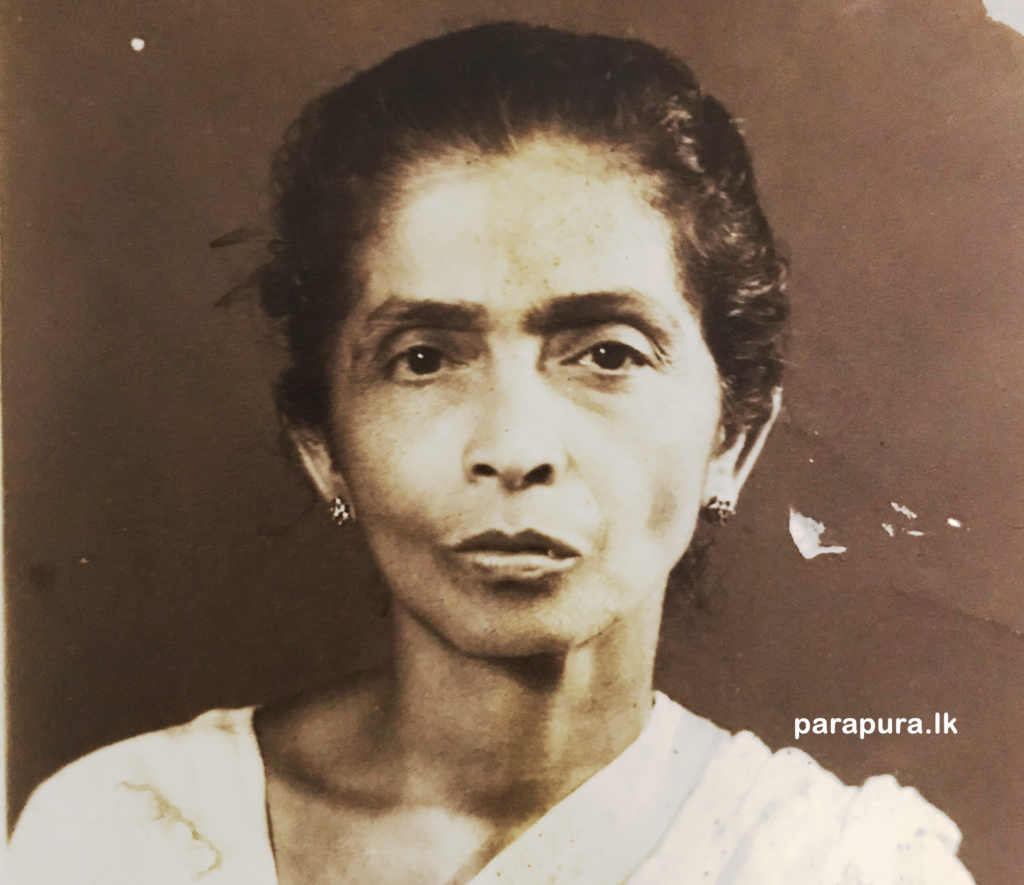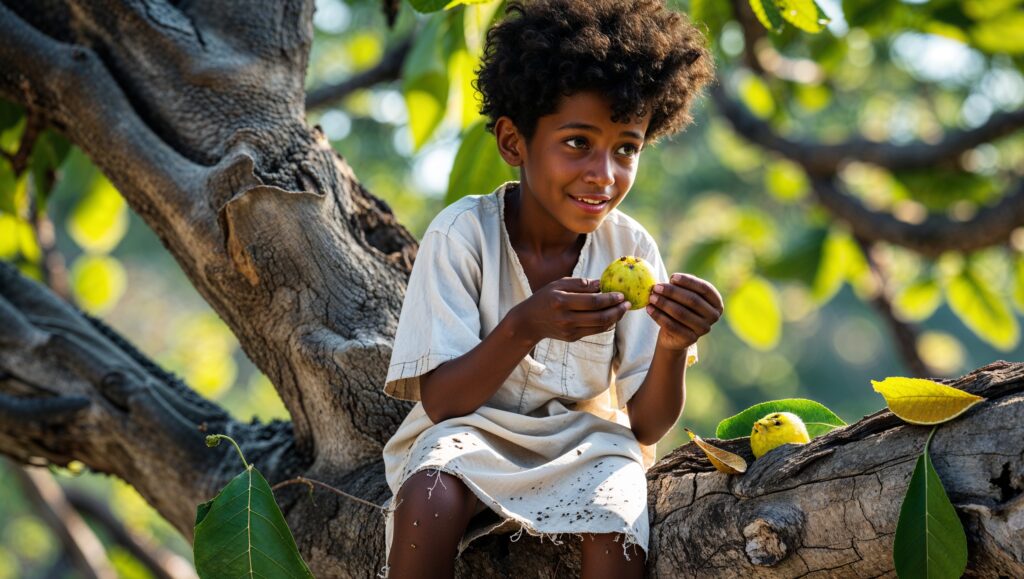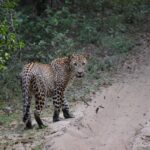As a child, my summer holidays were scattered across three distinct places: Tangalle, Kataragama, and Makola. Each of these places held a different world of memories, shaping my understanding of family, heritage, and belonging.
Tangalle was the home of my paternal grandmother. Although my father’s roots extended to Matara, I never knew any of his relatives there—except for Krishanthi, whom I met purely by chance while working in the same department years later. Kataragama, on the other hand, was home to one of our grandfathers, along with a mix of uncles and aunts. And then there was Makola, where my mother’s second eldest sister lived.
The memories of my childhood in Makola are vivid yet peculiar. My Lokuamma (elder aunt) ruled with an iron will, exerting an almost monopolistic authority over the household. I remember climbing a goraka tree, plucking its sour fruit, and relishing it with salt and pepper—right there on the branches. Bathing in the public well near the paddy fields, playing cards, and witnessing the grandeur of the Gammaduwa remain etched in my mind. Of all these, the Gammaduwa—an intricate ritual tied to Sri Lanka’s low-country dance traditions—was the only positive memory I associate with my Lokuamma. She spent money lavishly, but without greed, on organizing this grand event every two or three years. Thanks to her, I had my first intimate encounter with the mesmerizing rhythms and movements of Sri Lanka’s traditional dance. If my family reads this, they would likely be surprised by this particular recollection.
Tangalle, however, carries a very different shade of memory. It was a land of vast wilderness, stretching endlessly with woodapple trees and a variety of other fruit-bearing trees. At that time, large reservoirs dotted the landscape, seemingly without borders. Yet, my grandmother was a stern and unwelcoming figure—shouting warnings about venturing too far, where leopards and bears roamed. The night echoed with the howls of foxes and the eerie calls of unseen creatures. During the day, peacocks strutted in flocks, their vibrant plumes adding color to the otherwise untamed land.

In my early days there, walking barefoot was a painful ordeal. But over time, the nidikumba (sensitive plant) beneath my feet felt soft, and the rough ground no longer hurt. I suppose that thirty-day vacation conditioned me to embrace nature in its rawest form.
Kataragama, however, holds a different, almost sacred place in my heart. My attachment to it is profound, inexplicable even. Every time I set foot there, I feel as though I have come home. My father upheld a single unwavering tradition—taking us on an annual pilgrimage to Kataragama. Though he is no longer with us, I continue the journey, no longer limited to once a year but whenever my heart calls me there. I go alone, or with someone, but never with the intention of questioning the divine—how many arms or wives a god may have. My connection with Kataragama is deeply personal, beyond the bounds of conventional worship.
Since birth, I have had a familial connection to Ruhuna, yet it never truly strengthened over time. My paternal grandfather had four children from my grandmother—all of them boys. My father was the second among them. But after the birth of these four sons, my grandfather abandoned his family. This was not the first, nor the last, of his escapades—he went on to marry twenty-four women. Each of them bore him sons. The twenty-fourth wife was younger than my father. According to my father, her last child was a daughter—the only known female among his countless offspring.
I do not know if my grandfather bestowed our family name upon any of the sons from those twenty-four marriages. But I do know this: today, I feel neither sorrow nor pride in being the last known link in this generational chain. It is a fate I have long anticipated.
My father’s eldest brother—Mahappa—deliberately changed his surname. It was his way of punishing his father for the suffering inflicted upon their mother and her children. With that decision, his family line faded from existence. The third brother, my uncle, had only one son, whose lineage also eventually disappeared. The fourth, my youngest uncle, had three daughters.
And then there is me—the only son of my father—unmarried and without heirs. It seems this generation will end with me.
None of us ever saw my grandfather. Not even in a photograph. His story, if one could call it that, is one of absence rather than presence. His reputation carries no redeeming qualities—his defining trait was his insatiable promiscuity. Despite my distaste for him, I did harbor a strange desire to see him while he was still alive. That opportunity never came.
Even today, if one were to ask anyone from Matara about him, they would not speak his name with fondness. His name was Don Abraham Hettiarachchi. He had one elder brother, a man I heard was the head of a wealthy household, with vast lands and assets. Yet, my paternal grandfather’s legacy too was not one of virtue. Stories of his youth paint him as a man prone to aggression, frequently engaging in violent feuds. When unable to strike his enemies, he would climb a nearby hill, rolling down its steep incline in a bizarre attempt to quell his anger.

In the end, it was his cousin sister—determined to end his reckless ways—who was married off to him. That woman was my grandmother. But even she could not change him.
After fathering four sons, including my father, he walked away once more—seeking yet another life with another woman.


